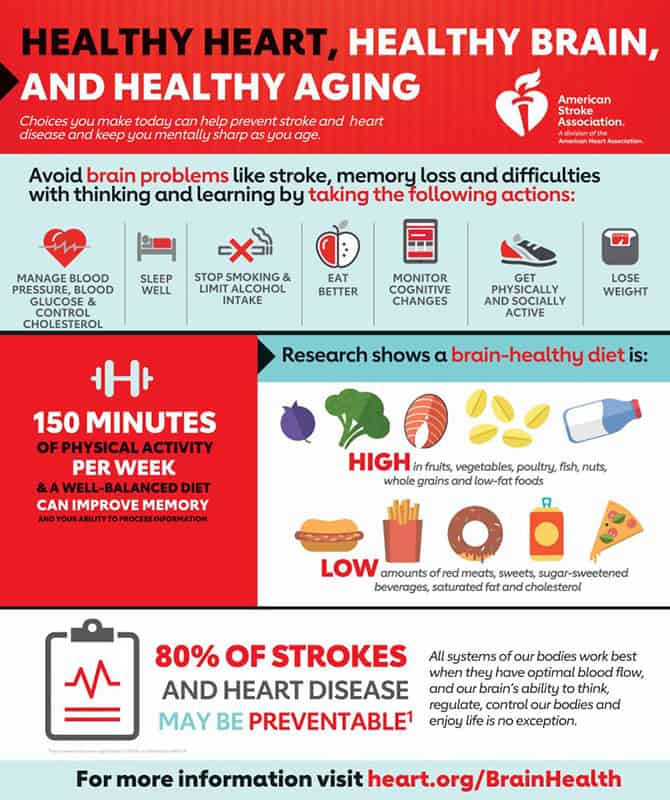May is Stroke Awareness Month. Many health and heart organizations come together every year during this month to raise awareness about the causes and effects of stroke.
HISTORY
In 1989, President George H. W. Bush proclaimed May as National Stroke Awareness Month, but it had already been observed for years before the official proclamation. The Centers for Disease Control, the American Heart Association, the World Stroke Campaign, and many others have come together to bring education, research, and treatment on a global scale.
WHAT TO WATCH FOR
Awareness is supported each year by the Centers for Disease Control and Prevention (CDC). Did you know that 80% of strokes can be prevented if people act FAST?
FAST is an acronym for things to watch for in a suspected stroke victim:
- Face – Can the person smile without the face drooping on one side?
- Arm – After raising both arms, does one of the arms drift downwards?
- Speech– After repeating a simple phrase, does the person’s speech sound slurred or strange?
- Time– If any or all of the above are observed call 9-1-1immediately and ask for medical assistance.
National Stroke Awareness Month encourages people to better their understanding of stroke risk factors by completing the National Stroke Association’s stroke risk scorecard and following up on any concerns.
Did you know that stroke is the 5th leading cause of death in the United States? It’s also a primary cause of disability. A stroke occurs when a blood vessel carrying oxygen and nutrients to the brain is either blocked by a clot or bursts. When this happens, the brain begins to die due to the lack of blood and oxygen.
That is why it’s so important to understand the warning signs and get help as quickly as possible. It just might save a life!


 Schedule a Tour Today!
Schedule a Tour Today!







